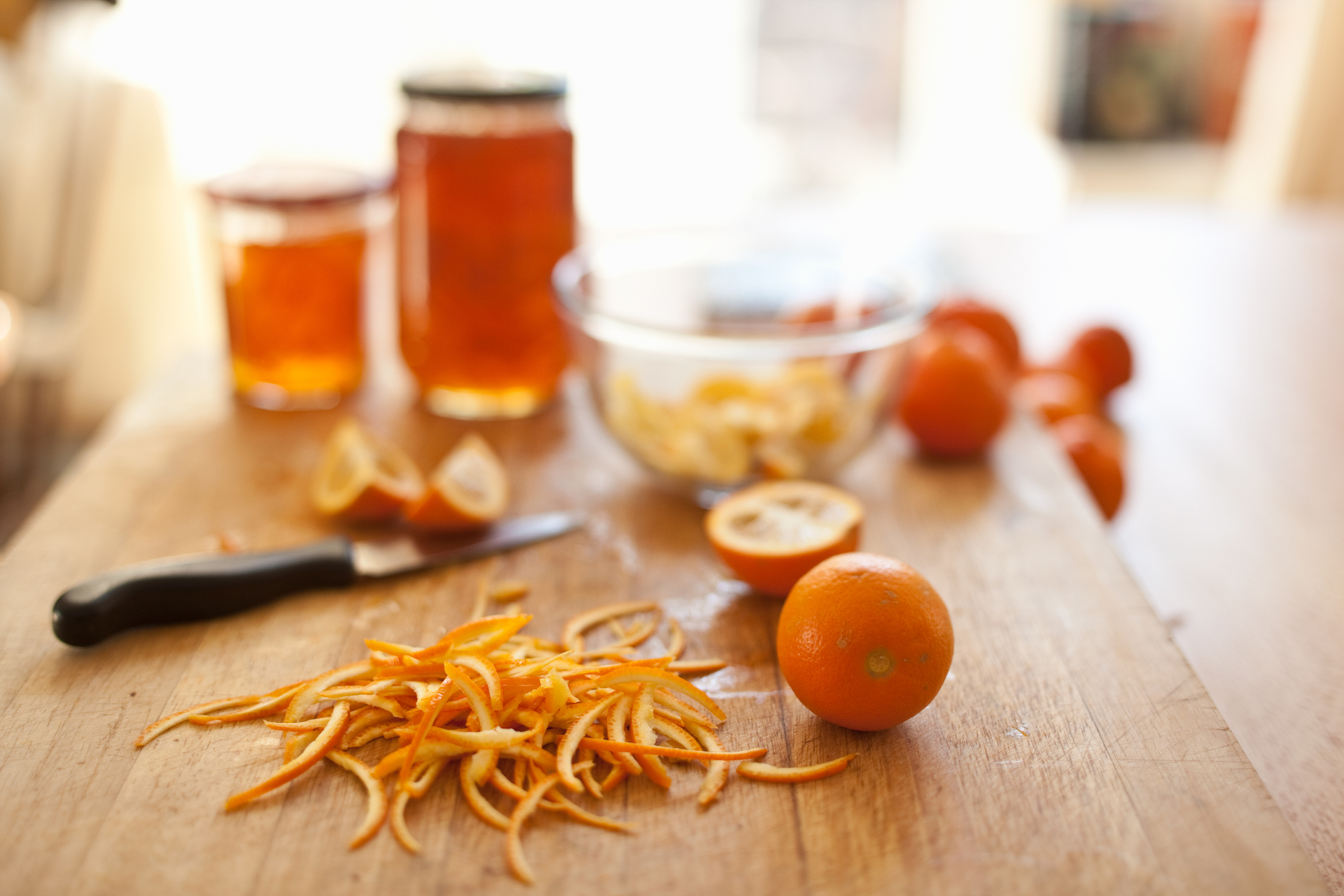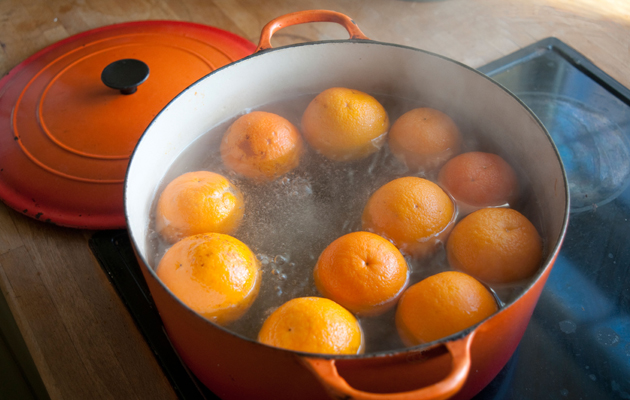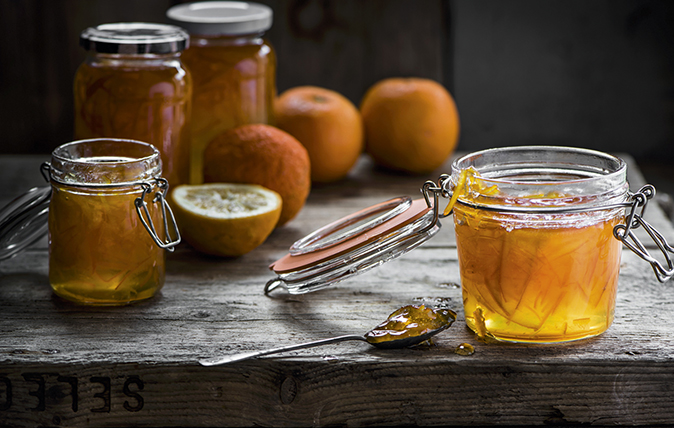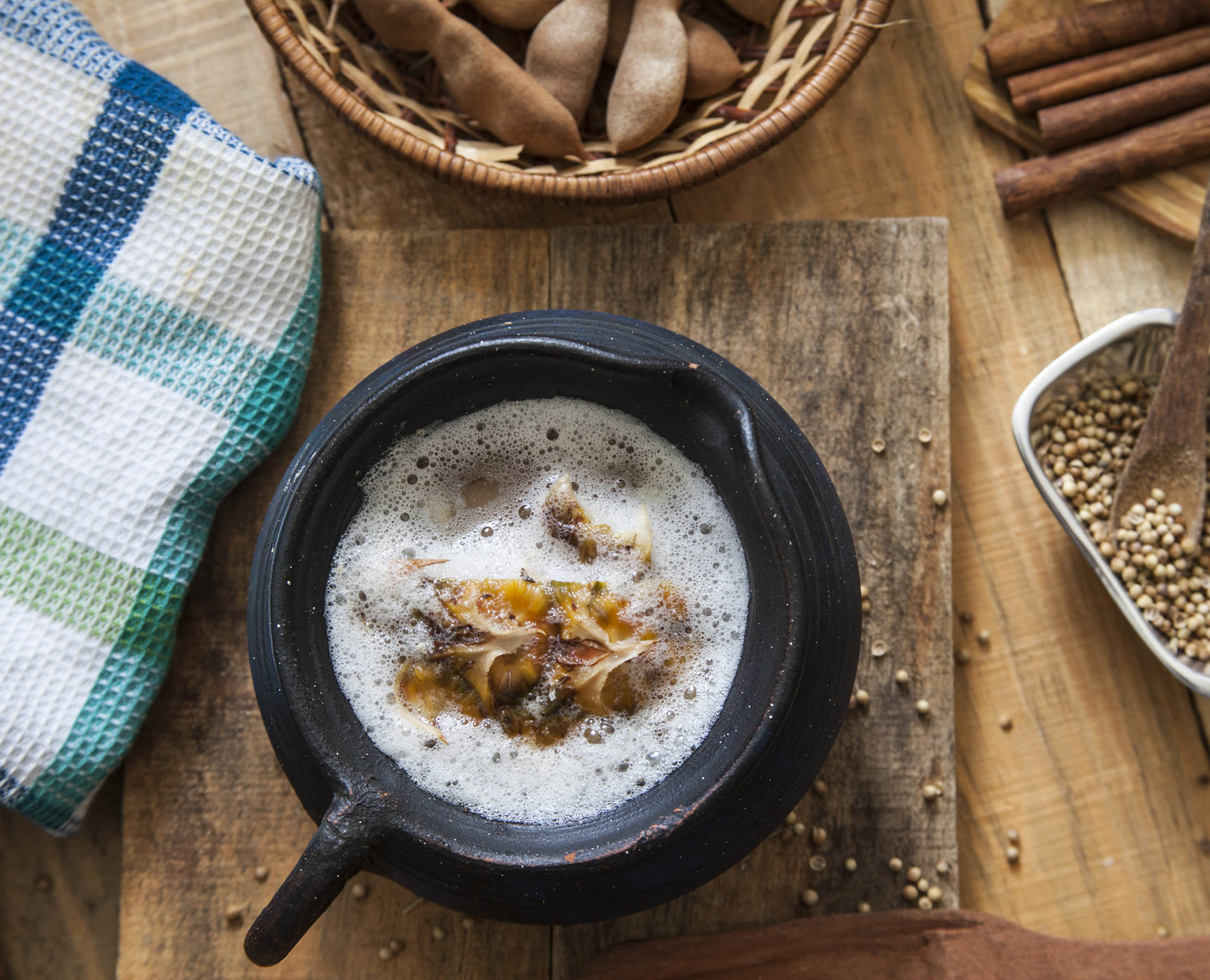‘I got the blues thinking of the future, so I left off and made some marmalade'
Jonathan Self on the Three Kings, gloomy January days and the joy of marmalade.


Exquisite houses, the beauty of Nature, and how to get the most from your life, straight to your inbox.
You are now subscribed
Your newsletter sign-up was successful
Melchior, Caspar and Balthasar finally arriving in Bethlehem. A cold coming they had of it, just the worst time of year, camels galled, sore-footed, refractory. Elizabeth I, at the first performance of Shakespeare’s Twelfth Night entertainment, laughing (or perhaps not) at the world’s original bedroom farce: Viola, disguised as Cesario, falling in love with Duke Orsino, who is in love with the Countess Olivia, who falls for Viola under the impression she is a man.
Spending it in Alexandria with Coptic friends, a quarter of a century ago, fasting and praying all day in a church so thick with smoke I could neither see nor breathe. Who is this coming out of the wilderness like pillars of smoke, perfumed with myrrh and frankincense, with all the merchants’ flagrant powders?
No more birthday parties on the 5th for my best friend, John (we grew up two streets apart), who died last November. Partly work and partly play/Ye must on St Distaff’s day. There is no Saint Distaff, of course, but a made-up holiday that marks women’s return to work after Christmas.
My grandmother, who grew up on a farm, telling me about Plough Monday, a day of practical jokes, the traditional start to the English agricultural year. Collette worried about having nothing to wear; the purse may be empty, but one must nevertheless keep up with the spring fashions.
Resolutions made and broken. Putting away the unwanted Christmas presents — a scarf with the consistency of a Brillo pad, a bar of sea salt, fennel and chilli chocolate that probably tastes like a Brillo pad, a book of cat memes that aren’t funny.
"Byzantine emperor Constantine VII Porphyrogenitus included instructions for making marmalade in his Book of Ceremonies"
Of the 52 weeks of the year, only one stands out clear and complete: the first. Other weeks may contain a particular event — a religious festival, a birthday, a bank holiday — but they are (literally, in some cases) moveable feasts. Who remembers or marks, say, the week after May Day or Remembrance Sunday? Everyone recalls the first week of the new year.
This year it finds me a little low, out of sorts. January grey is here, like a sexton by her grave. I take no pleasure in the seals’ heads bobbing in the tide-flow between the islands, sleek and black, or in the water-shafted air of amethyst and moonstone. The gloaming, usually my favourite time of day, holds no joy. In Greek, the dusk is referred to as lykófos, wolf light, in Latin, crepusculum, from creperae, which means ‘doubtful, uncertain, obscure’. At Vespers, we used to sing ‘Procul recedant somnia et noctium phantasmata...’ May evil dreams and the phantoms of the night, indeed, be kept far away from us.
Exquisite houses, the beauty of Nature, and how to get the most from your life, straight to your inbox.
The one glimmer of hope in all this gloom is that, any day now, the new crop of Seville oranges will arrive in our local shop. I love marmalade and I love making it. Apparently, Byzantine emperor Constantine VII Porphyrogenitus included instructions for making marmalade in his Book of Ceremonies, but I prefer a version of the Wolseley’s recipe, taught to me a decade ago by Yann, the restaurant’s head pastry chef at the time.
It produces a delicious, rich, bittersweet, thick marmalade, perhaps like the ‘box of marmaladoo’ sent to Lord Lisle by William Grett in 1534. D. H. Lawrence took comfort in the same activity: ‘I got the blues thinking of the future, so I left off and made some marmalade. It’s amazing how it cheers one up to shred oranges and scrub the floor.’ While I am waiting for the oranges, I think I’ll get out the mop.

Perfect Seville orange marmalade recipe
Make the most of the Seville orange season by following our delicious Seville orange marmalade recipe.

The appeal of peel: How to make your own Seville orange marmalade
Marmalade should always have a special place in our hearts. And stomachs, of course.

A beginner’s guide to fermentation: ‘After two days it smelt distinctly cheesy, but better at least than the dead-badger smell I was expecting’
From sauerkraut and kombucha fruit leather to pickled plums and honey marmalade, the art of fermentation is one well worth
After trying various jobs (farmer, hospital orderly, shop assistant, door-to-door salesman, art director, childminder and others beside) Jonathan Self became a writer. His work has appeared in a wide selection of publications including Country Life, Vanity Fair, You Magazine, The Guardian, The Daily Mail and The Daily Telegraph.
